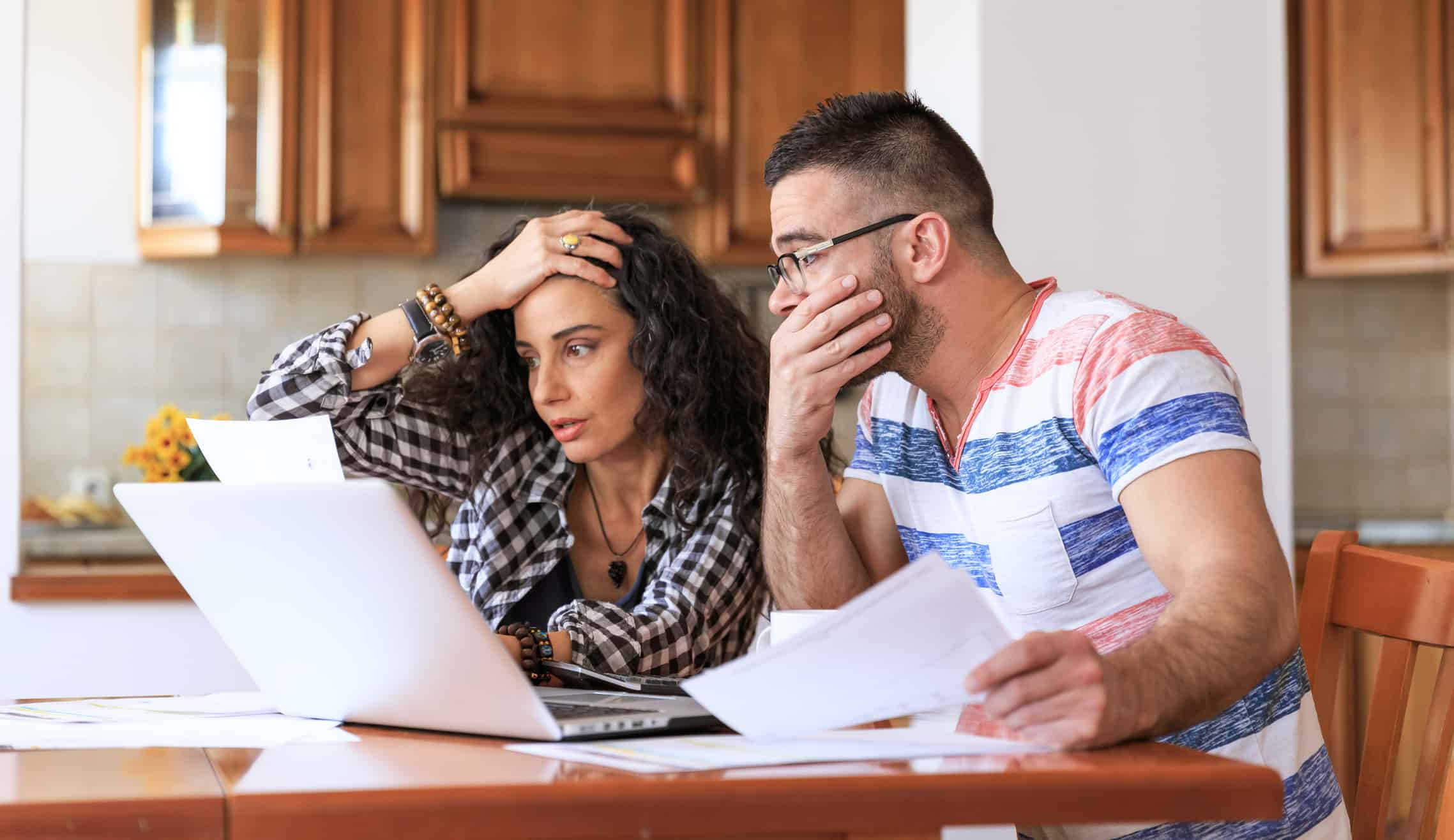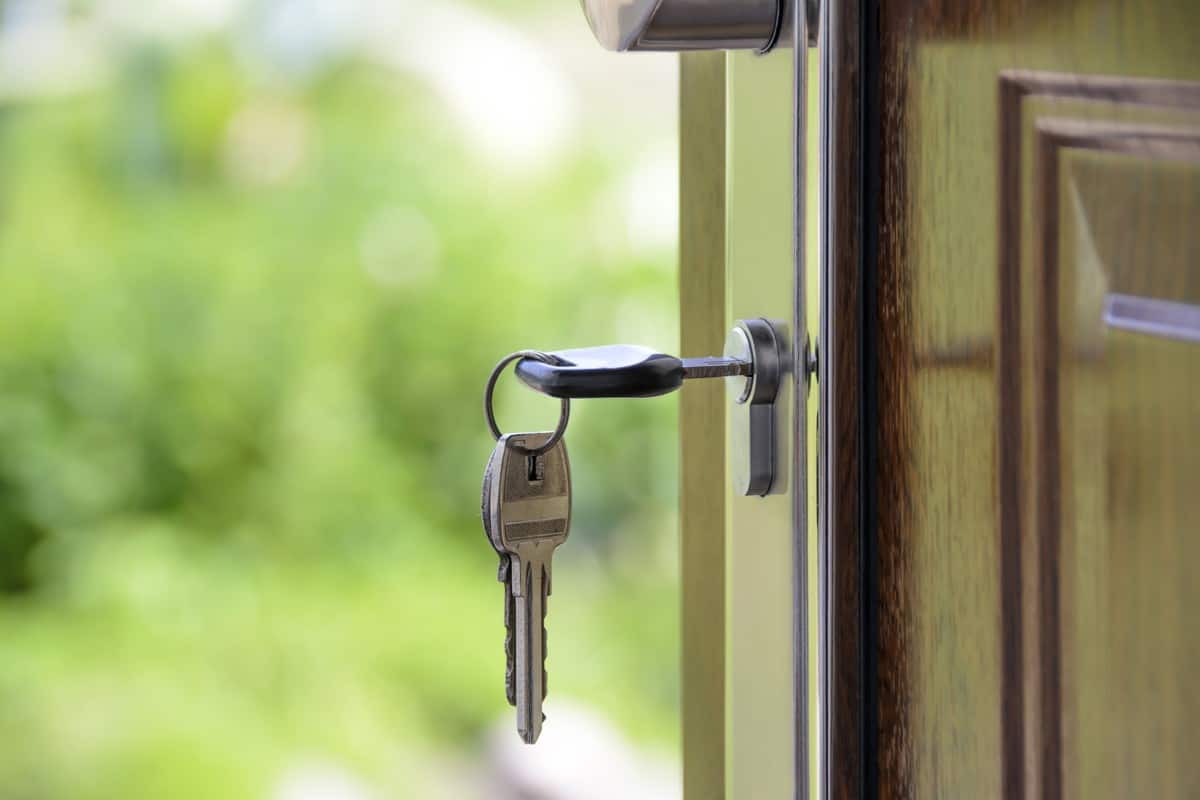The difference between imagining yourself in your new home and actually going through the steps of buying the house are images that don’t often align. Living in a new home, putting down roots, and making memories sounds idyllic.
The home buying process can be anything but happy and joyful. Many who have made the leap into homeownership will tell you it can be a downright stressful event. Want to buy a new home but avoid all the stressors that come with the home buying process? Read on to learn about the things you can do so your new home brings you happiness and not stress.
Financial House In Order
Before you start packing boxes and picking out paint colors for the kitchen, you first must get your own financial house in order. Many of the home buying stressors can be related to the huge financial investment associated with the home buying process.
The better prepared your finances are, the more likely you can reduce your stress going through the process. Make sure you have established a monthly budget for yourself and you can stick to it. This will later help to show mortgage lenders you have the necessary financial responsibility to get a home loan.
Down Payment
Once you have a current budget working and in place, you can start to aggressively save for the down payment. The simple truth is that the more money you have for a down payment, the better. Some conventional mortgages still follow the 20% rule. While it might not be necessary to have 20% for a down payment, the more you can save for it the better.
If you have a larger down payment, you can reduce your monthly payment, giving you more room in your overall budget. You can also avoid things like private mortgage insurance or PMI by having a larger down payment.
Debt and Credit
As part of getting your financial house in order, you want to reduce your overall debt. It will be more challenging to jump into the biggest financial investment of your life if you are up to your eyeballs in credit card debt. It also makes it more challenging (think stressful) to get mortgage approval with lots of looming debt.
Start to pay attention to your credit score. The mortgage lenders are going to look closely at your credit score, so you should too.
Savings and Emergency Fund
Beyond saving for the down payment, you also want to have some savings for unexpected surprises. You want to have an emergency fund in place for those unexpected life events you can’t plan for.
Many who have gone through home buying will tell you, the worst part is the unexpected costs and the stress of coming up with the money to cover it. You can avoid this jam by having extra cash on hand.
Be ready to have some cash to hand over as earnest money when you enter into the purchase agreement. This lets the seller know you are committed to buying their house.
Do You Need to Sell a House?
If you are not a first-time homebuyer and also need to sell a house to get the new house, that adds to the moving parts involved in the process. You want to take a close look at the housing market. Consult with a trusted real estate agent to get a feeling for how quickly your current house will sell.
Questions to consider:
- Should you sell your current house before you buy a new house?
- What happens if you find a new house and haven’t sold your old one?
- How quickly are houses in your current neighborhood selling?
Get the advice of a trusted real estate agent who knows your current market well. While they can’t make any guarantees, they can use current data to predict how selling your current home will go.
Finding a Mortgage
Once you have your finances in order, you should consider researching mortgage options. Then don’t be shy about shopping around for mortgages. There are many mortgage options available in today’s market for all kinds of buyers in varied financial situations.
If you are not able to save 20% for a down payment and don’t imagine how that will ever be possible, there are options. Consider talking to mortgage lenders about the possibility of an FHA loan. This would allow you to get into a new home with a much lower down payment.
Get Pre Approval
Once you have researched mortgage lenders, the next step in the process is to apply for mortgage preapproval. This will let you know how much you can consider spending on a house.
It lets real estate agents and sellers know you are a serious and prepared buyer. In some cases, you can lock-in an interest rate with your preapproval.
One thing to remember, you might get preapproved for a higher amount than you expected. If you buy a house for the full amount you are approved for, your finances will be much tighter.
You don’t have to “spend” that whole amount. If you buy a house for a smaller amount, you have more wiggle room in your finances. That always leads to less stress in the long run.
Remember, to ask about the closing costs so you are prepared for that additional fee.
Finding the Right House
After you have done the work to be ready to buy a house, you might dream of the right house being right there waiting for you. While some homebuyers get that lucky, many do not.
The home buying process is called a process for a reason. Finding the right house, especially if you live in a competitive housing market, can be challenging.
If you are mentally prepared for the idea the first house you see might not be the perfect one, the process can be less stressful for you.
Know What Is Important to You
Before you begin house shopping, think through what is important to you. What things in the purchase are must-haves and what do you hope to get? Communicate with your realtor about those things that are most important to you in a house.
Here are some things to consider as you prepare your must-have list:
- Number of bedrooms and bathrooms
- One-level or multi-level
- Type of exterior (wood, brick, or vinyl)
- Desired square footage
- Commute distance to work
- Age of the home
- Amount of maintenance required
You want to think about if you want to buy a house move-in ready or if you hope to buy the ultimate fixer-upper. Remember, your situation can change as you move through life. Think about if you plan to have kids while in this house. Consider both the neighborhood and school district when making your wish list.
Be Realistic
Once you have an idea of what you want in a house, also be realistic. The “perfect” house might not exist. So, while you have created the perfect wish list of things you want in your new home, be realistic too.
If you enter into the house buying process expecting that house to be right there waiting for you, you might be setting yourself up for some stress and disappointment.
This is why it’s important to know what you want, what things are must-haves in a house and what are the things that can be negotiable. Be prepared to enter the home buying process with an open mind. Paint colors can be changed. New floors or appliances can happen. You might even be able to drive 10 minutes longer in your daily commute.
Allow your real estate agent to do what they are good at and show you house options that are available. Don’t be closed-minded to options you hadn’t considered before.
Overbuying and Bidding Wars
If you have trouble finding the perfect house, one thing that can lead to stress is when homebuyers consider going over their budget. Avoid falling into the trap of overbuying just to get to the perfect house. Overspending will create a different kind of stress that can make homeownership quite unpleasant.
When you find a house you love, expect to enter into the negotiation phase. This can be stressful, both negotiating the right price and the waiting. If the housing market is hot where you live, you might find yourself in a bidding war for the perfect house. Allow your real estate agent to guide you and trust their knowledge. But be realistic too. You don’t want to overspend so you can win the bidding war. You can walk away and keep looking. There can be more than one perfect house for you.
Be sure to ask for a home inspection as part of the purchase agreement. Don’t get so set on the house that you overlook what the home inspection tells you. If it’s filled with potential costly problems, be prepared to keep looking. Again, this is a time to trust the professionals.
Learn About the Home Buying Process to Reduce Stress
The home buying process can be stressful but it doesn’t need to be. With some careful planning and patience, you can find your dream home and do it with little stress. If you are in the market to buy a home we can help.



